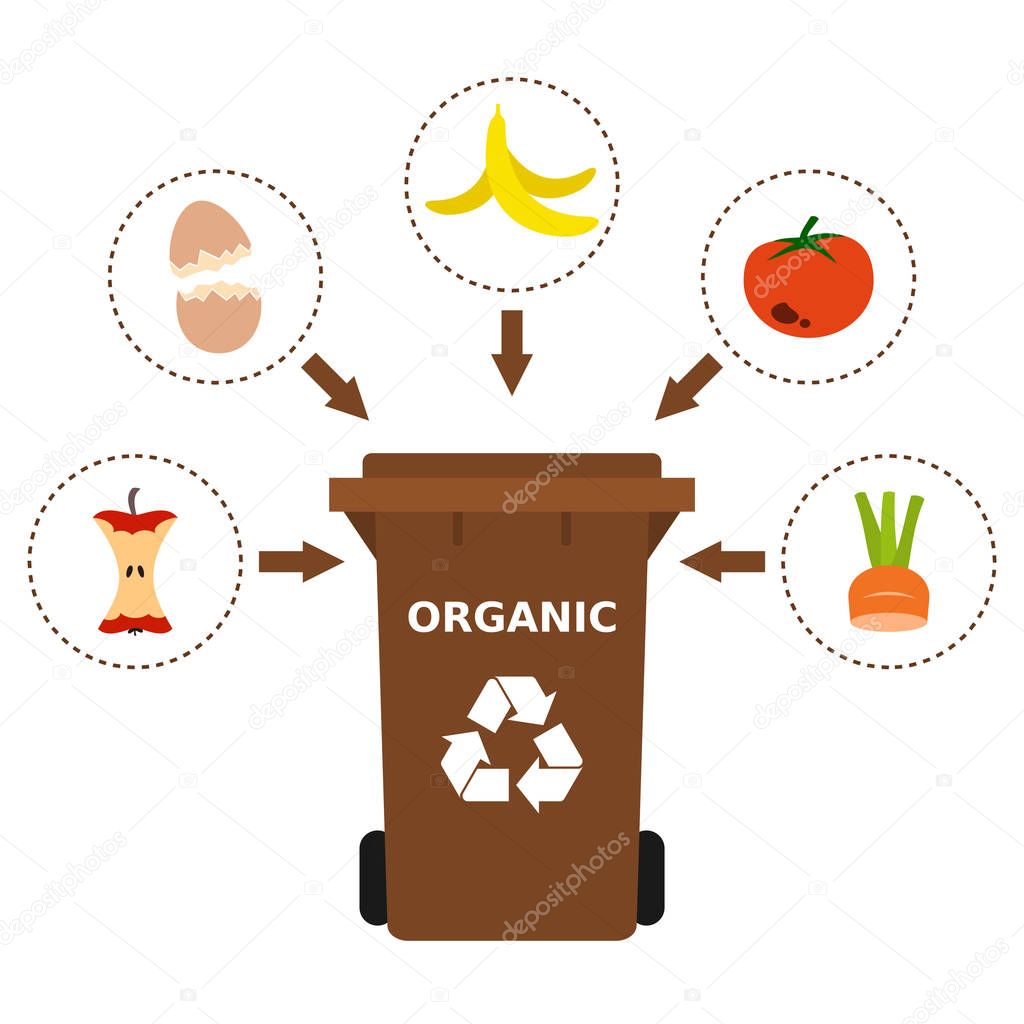All About "The Benefits of Composting: How It Helps the Environment and Your Garden"

Composting is an outstanding method to handle natural waste and create nutrient-rich dirt for your landscape. Not just does it lower the quantity of rubbish that goes right into landfills, but it additionally assists strengthen soil top quality and ensure a sustainable way of living. If you're new to composting, this beginner's manual will certainly help you get began on your journey towards maintainable refuse control.
1. Choose the Right Compost Bin
Before you start composting, you'll need to pick the appropriate compost bin for your requirements. There are actually several options accessible, including conventional bins, tumblers, and vermicomposting systems. Consider aspects such as room accessibility, benefit, and the volume of waste created in your house when producing your selection.
2. Know What May Be Composted

To make certain successful decomposition and stay away from any type of uncomfortable scents or parasite, it's important to recognize what can easily be composted. Generally, a lot of natural materials can easily be composted, such as fruit and veggie fragments, coffee premises, tea vacation, eggshells, garden edgings (yard trimmings and vacation), shredded paper or cardboard (non-glossy), and timber chips. Nonetheless, prevent adding meat products or dairy items as they may bring in mice.
3. Develop a Balanced Mix
A productive garden compost heap calls for a well balanced mix of "environment-friendly" (nitrogen-rich) and "brownish" (carbon-rich) components. Eco-friendly materials include clean grass cuttings or kitchen space junks like fruit product peels or coffee premises - these offer nitrogen for putrefaction processes. Brown components are composed of completely dry vacation or shredded paper - these offer carbon dioxide for energy in the course of putrefaction.
4. Dice It Up
To hasten up the disintegration method, it's helpful to cut up bigger pieces of organic misuse right into smaller bits before incorporating them to your garden compost pile or can. This boosts the area area readily available for microorganisms to break down the component much more efficiently.
5. Layering Method
When including products to your garden compost can, it's greatest to use a layering procedure. Begin along with a coating of brownish products, observed by a level of green components, and repeat until you've made use of up all your compostable rubbish. This technique assists preserve the best equilibrium of carbon dioxide and nitrogen in your compost heap.
6. Moisture Management
To ensure appropriate disintegration, it's necessary to sustain the appropriate dampness amount in your compost heap. Another Point of View to be similar to that of a wrung-out sponge - wet but not soaked. If your garden compost is too completely dry, add water; if it's also damp, add additional brown products to soak up excess wetness.
7. Transforming the Stack
Turning or freshening your compost pile is necessary for delivering air to the microbes responsible for decomposition. Routinely blend or turn the heap every few weeks using a pitchfork or shovel. This method aids accelerate disintegration and avoids undesirable scents coming from developing.
8. Persistence is Essential
Composting is not an over night process; it takes opportunity for organic products to decompose totally right into rich, dark compost – the end product of composting. Relying on numerous elements such as temperature level, moisture levels, and the types of misuse utilized, this method can take anywhere coming from many months to a year.
9. Use Your Garden compost
Once your compost has turned in to black crumbly soil-like component and has lost its initial kind, it's ready to make use of in your yard or potted plants. Spread a slim coating of garden compost around vegetations or mix it into existing soil prior to growing new seeds or seedlings.
10. Fixing Common Issues
If you face any type of issues in the course of the composting procedure such as nasty odor or sluggish decay, don't worry - it's all component of the learning contour! Adjustments can easily be helped make by including more brownish material if there's an scent concern or switching the pile even more regularly if decomposition is slow.
Composting is a rewarding and maintainable method that permits you to definitely provide to lowering misuse and enhancing the health of your backyard. Through complying with this novice's overview, you'll be well-equipped to begin your composting quest and produce a positive impact on the environment. Pleased composting!
